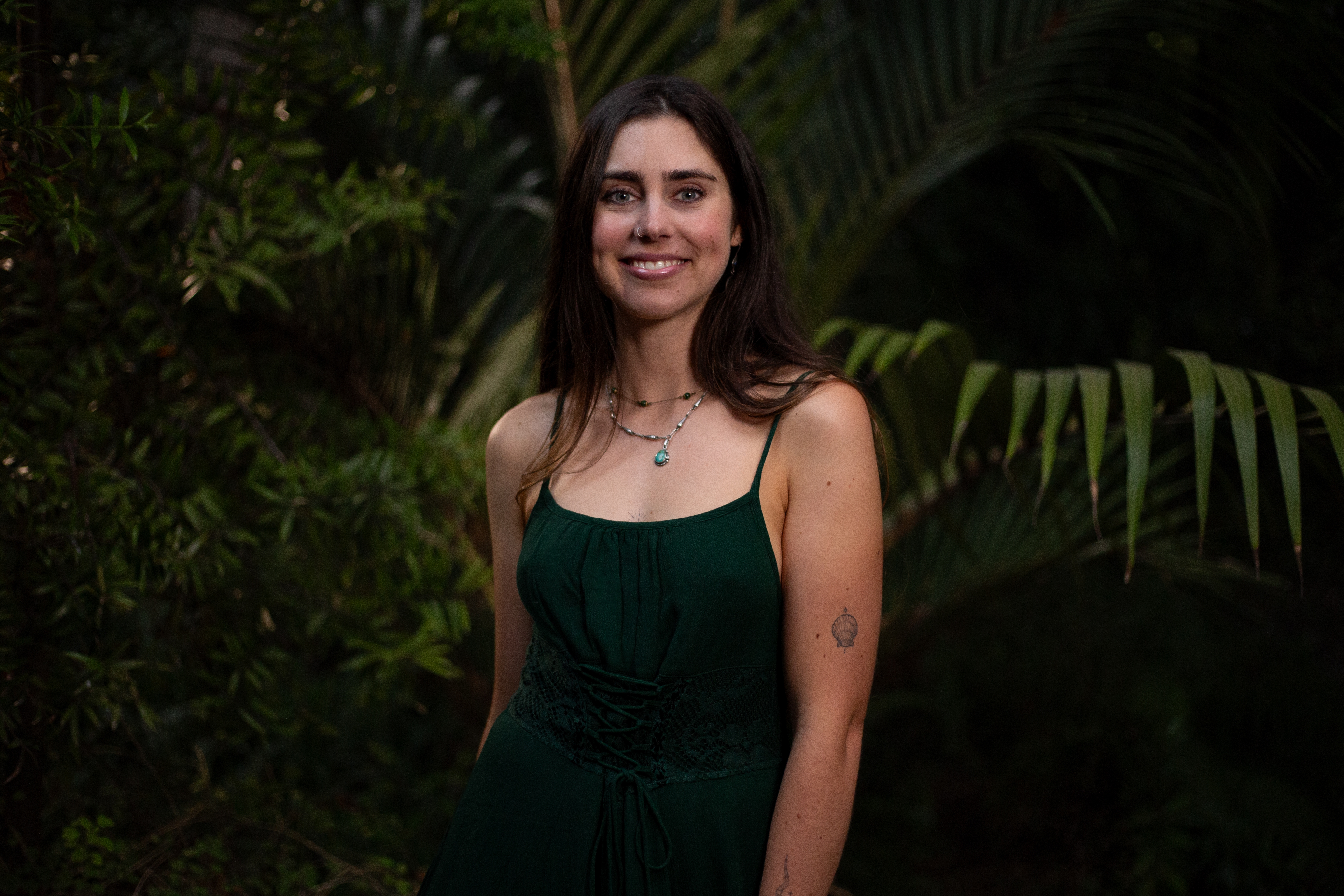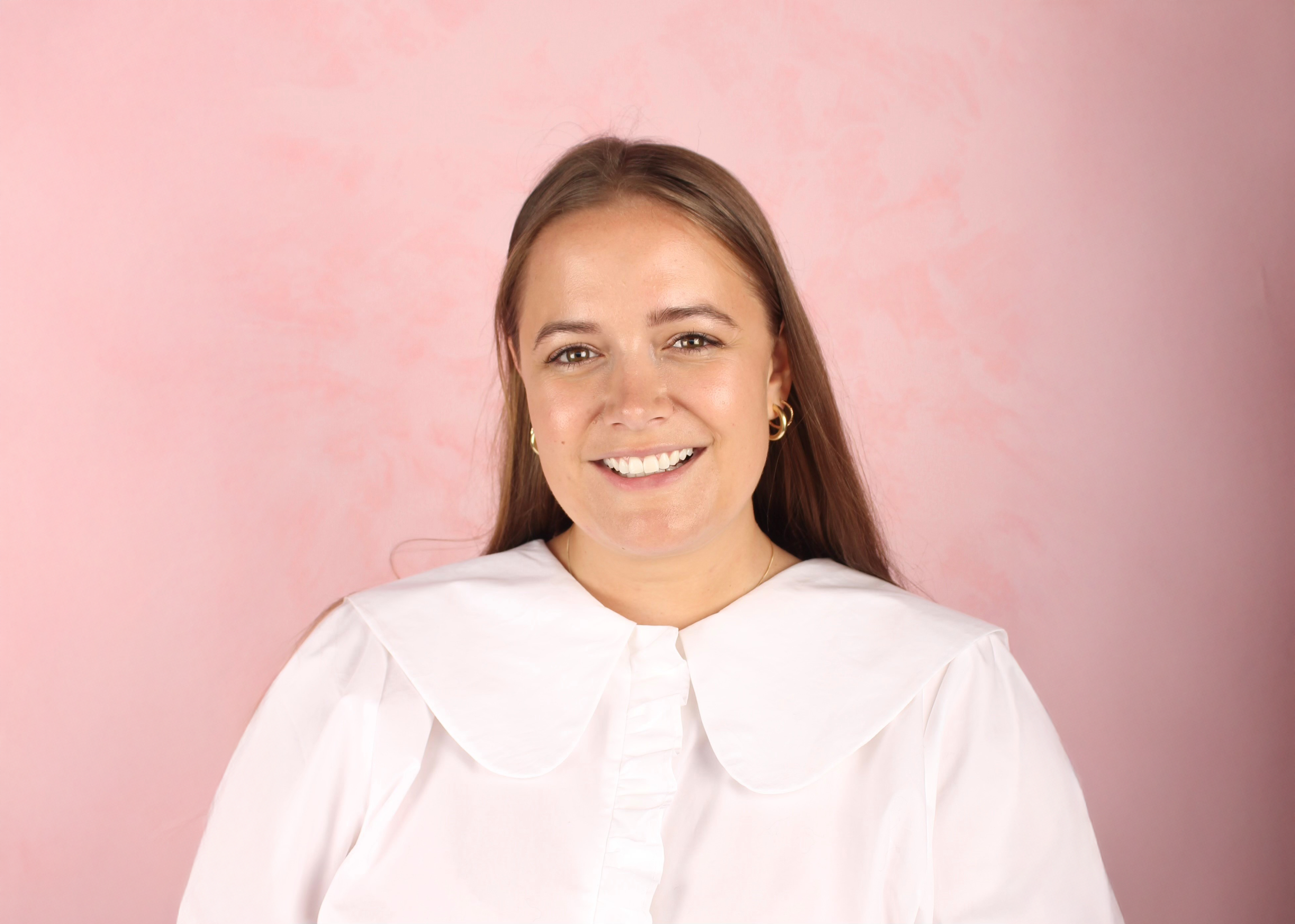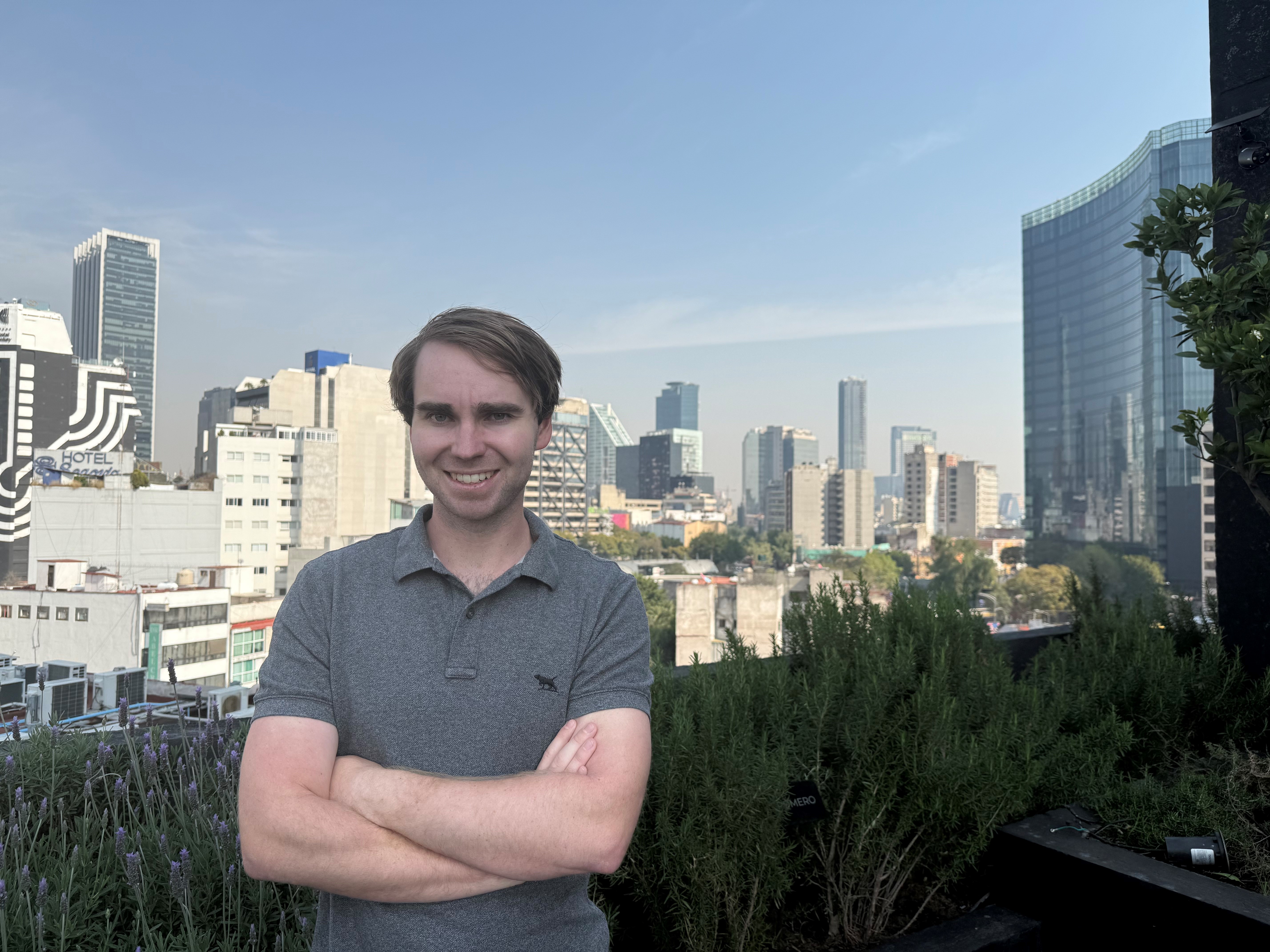A lot has changed with your business since launching – can you walk us through the transition to WorkRide?
It's definitely been a journey of evolution for us. We often think about the statistic that most startups don't make it, which motivates us not to be afraid to admit when something isn't working and needs to change. Our first venture, Shutl, a subscription e-bike service, was launched with the best intentions but taught us some valuable lessons.
Initially, we hypothesized that people didn't want the hassle of owning an e-bike. However, through Shutl, we discovered the real reluctance was often uncertainty – people didn't know if they wanted to own one yet. Many customers used the subscription to try biking, loved it, and then wanted to purchase their own bike. While this aligned with our ultimate goal of getting more people cycling, it wasn't a sustainable model for Shutl itself.
However, running Shutl exposed us to other problems. We noticed an imbalance in the New Zealand tax system favouring employer-provided car parks over bikes. This sparked about nine months of advocacy work, which successfully contributed to legislative changes promoting better tax neutrality for cycling commuters. This experience directly illuminated the opportunity for WorkRide – a way to help Kiwi employees access these new tax benefits to get bikes through their employers.
The transition from Shutl to WorkRide took about three months. It involved winding down the bike fleet while simultaneously learning and building the systems needed to launch WorkRide, essentially shifting from a hardware-based service to a software-enabled, tax-benefit company. It was a significant pivot, driven by listening to the market and identifying a more impactful problem to solve.
2. How have you both found working with a friend, especially when a company and livelihoods are at stake? Is it an asset to be friends before business partners?
Working closely with a friend when livelihoods are on the line certainly adds a unique layer to the partnership. We believe the bedrock of any business partnership – friend or not – comes down to trust, a clearly shared vision, and skills that complement each other. We've known each other for over nine years now, having first met working together on the University of Canterbury Motorsport project back at uni. We continued collaborating through roles at Holmes Solutions and various side hustles before diving into business together, building a really strong foundation of mutual understanding along the way.
That shared history has been invaluable. Starting a business involves constant cycles of trying, learning, pivoting, and trying again. There were definitely times, especially early on, where it felt like pushing a giant snowball uphill with no clear summit in sight. But when you finally find traction and that snowball starts rolling on its own, the challenge shifts to steering it effectively, navigating obstacles together, always anchored by that pre-existing trust and shared goal.
Being friends first absolutely helps weather the inevitable storms. There's a deep level of understanding and respect already present, which makes tough conversations easier and high-pressure situations more manageable. It’s definitely not for everyone, and requires clear communication and boundaries, but sharing the entrepreneurial rollercoaster – the highest highs and the lowest lows – with someone you fundamentally trust and respect makes the whole demanding journey incredibly rewarding.
3. What have been some highlights over the past year? And what have you found challenging?
Highlights:
- Market Validation & Growth: A major highlight has been seeing WorkRide gain traction and validation in the market. As we've refined our systems, we've successfully onboarded larger, well-respected New Zealand employers. Bringing on household names like 2degrees, Silver Fern Farms, and Z Energy has been fantastic validation that we're heading in the right direction and significantly extends our reach to help more Kiwis commute sustainably.
- Continuous Skill Development: We both graduated from UC with Mechanical Engineering degrees, but building WorkRide has demanded a whole new range of skills – from software development and digital marketing to navigating financial regulations and building scalable processes. Looking back at the systems we've built, the content we've produced, and the tools now in place, it's rewarding to see how much our capabilities have grown to meet the challenges.
Challenges:
- Educating the Market: Introducing a new concept based on recent tax changes meant a significant part of the challenge was educating both employers and employees about how the benefit works and why it’s valuable. Overcoming initial inertia and clearly communicating the process took considerable effort.
- Scaling Operations: Rapid growth is exciting, but it also brings challenges. Ensuring our systems, processes, and support could scale efficiently to handle increasing volumes of employers and employees required constant attention and adaptation, particularly transitioning from a small startup to serving major national companies.
- Navigating Uncertainty: Like any startup, especially during the pivot phase, there was inherent uncertainty. Making the decision to wind down one venture (Shutl) and invest everything into a new, unproven concept (WorkRide) required a strong belief in our vision and the resilience to push through periods where the path forward wasn't always clear.
4. What are you most looking forward to for the rest of 2025 and beyond?
We're incredibly excited about continuing WorkRide's growth trajectory throughout the rest of 2025 and into next year. Our main focus is on making the scheme accessible to as many Kiwis as possible across the country. This means continuing to partner with more great New Zealand businesses, further streamlining our platform to make it even easier for employers and employees to use, and ultimately, seeing more people embrace cycling for their commutes. We're also looking forward to potentially expanding our team and exploring ways to add even more value for our users and partner companies.
5. What advice would you give to new start-ups in Ōtautahi?
Our biggest advice is always listen intently to your potential customers, trust your gut instincts, and maintain honesty about what your product or service can realistically deliver. Start by testing your ideas with lots of small, iterative steps – 'small shots' – before committing significant resources to one big launch.
If something isn't resonating or working as expected, don't be afraid to adjust it slightly and test again. When you find something that clicks with customers, lean into it hard. Focus on achieving that crucial product-market fit first; that's when it makes sense to invest more heavily and push for scale. Specifically for Ōtautahi, leverage the supportive ecosystem here. Connect with organisations like Te Ōhaka, ThincLab Canterbury, or the Ministry of Awesome, and tap into the collaborative spirit within the local startup community.
Ultimately, stay true to your core vision and focus relentlessly on solving a real problem for your customers. If you do that, the rewards tend to follow. And importantly, make sure you're letting yourselves have some fun along the way. There's no doubt it will be a grind at times, but consciously choosing to embrace the challenges with some laughs will make that grind a whole lot more manageable. Critically, remember to enjoy the process – the entrepreneurial journey itself is where so much of the learning and satisfaction happens!










